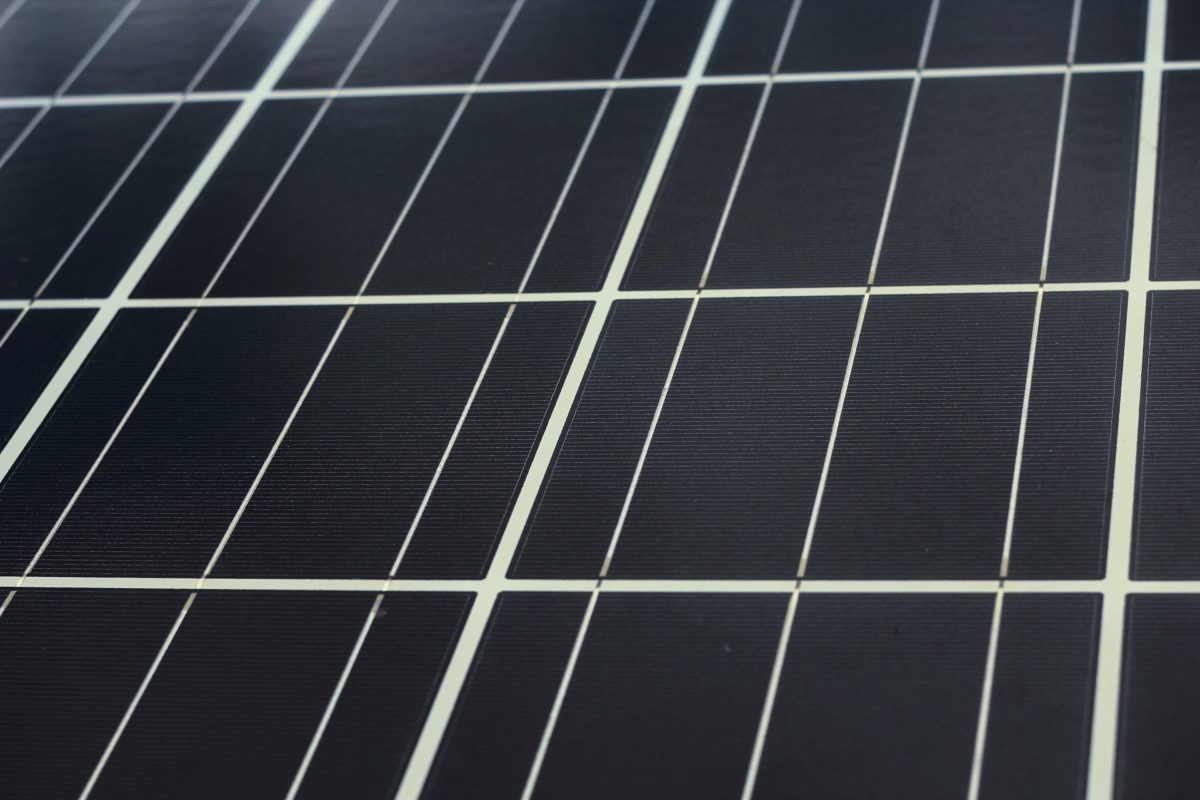The new energy technologies and nanomaterials (Liten) branch of the French Alternative Energies and Atomic Energy Commission claims to have achieved 24.25% peak efficiency for a silicon heterojunction solar cell. The French researchers said the result has been independently confirmed by ISFH CalTeC, in Germany.
The commercially produced cells were manufactured with industrial equipment at 2,400 units per hour. “The results are even more impressive given that the measurements were taken over the entire surface of the M2 format, 244 cm2 of cells,” the research institute said.
The cell developers said they were able to increase performance by improving the plasma-enhanced chemical vapor deposition of amorphous silicon nanolayers and the conductive and anti-reflective transparent oxide layers. They also reduced wafer-handling damage during manufacturing.
Popular content
“The test runs confirm that silicon heterojunction cell technology is viable both in terms of the technology and manufacturability,” the research team added.
In August, Hanergy set a new efficiency record for a silicon heterojunction module, at 24.85%. That edged out the previous record of 24.5% held by Japanese company Kaneka, which still holds the record for heterojunction cell efficiency, at 26.7% on a slightly smaller cell.
This content is protected by copyright and may not be reused. If you want to cooperate with us and would like to reuse some of our content, please contact: editors@pv-magazine.com.



3 comments
By submitting this form you agree to pv magazine using your data for the purposes of publishing your comment.
Your personal data will only be disclosed or otherwise transmitted to third parties for the purposes of spam filtering or if this is necessary for technical maintenance of the website. Any other transfer to third parties will not take place unless this is justified on the basis of applicable data protection regulations or if pv magazine is legally obliged to do so.
You may revoke this consent at any time with effect for the future, in which case your personal data will be deleted immediately. Otherwise, your data will be deleted if pv magazine has processed your request or the purpose of data storage is fulfilled.
Further information on data privacy can be found in our Data Protection Policy.